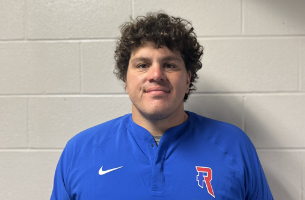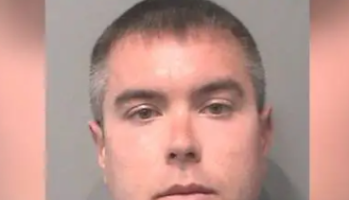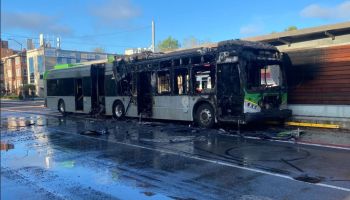WASHINGTON — Transportation Secretary Pete Buttigieg is taking on America’s supply chain issues head-on fresh off his paternity leave.
Buttigieg has been absent from the White House the last several weeks tending to the care of his newly adopted twin children with his husband, Chasten. Buttigieg said the first thing Americans need to understand about the bottlenecks in the country’s supply chain is that demand is really high right now.
“Demand is off the charts. Retail sales are through the roof,” Buttigieg told CNN’s State of the Union on Sunday. “Even though our ports are handling more than they ever have, record amounts of goods coming through, our supply chains can’t keep up.”
Buttigieg, the former Mayor of South Bend, Indiana, said there is no shortage of ideas being tossed around in trying to relieve the strain being felt at America’s ports, such as in Los Angeles and Long Beach, both of which Buttigieg says handle around 40-percent of the U.S’s container traffic.
“(Those ports) are now going 24/7,” said Buttigieg. “That’s not a simple thing to do overnight, but it was a big commitment.”
A lack of qualified truckers is also a big issue with not enough truck drivers being available to haul these imported goods from the ports across the country to their destinations. Buttigieg said he is working with state DMV’s to help speed up the approval process for prospective drivers to get their CDL’s.
Finally, Buttigieg said what will help alleviate bottlenecks is the passage of the bipartisan infrastructure bill in Congress.
“There are $17 billion in the president’s infrastructure plan for ports alone,” he said. “We need to deal with the long-term issues that have made of vulnerable to these kinds of bottlenecks when there are demand fluctuations, shocks, and disruptions.”
The problem is that most Democrats in the House are insistent that a larger social spending bill be passed first before the infrastructure bill gets approval. Buttigieg stopped short of saying that one bill should take priority over the other, saying that “America needs both bills” in order to move forward out of these supply chain issues.












